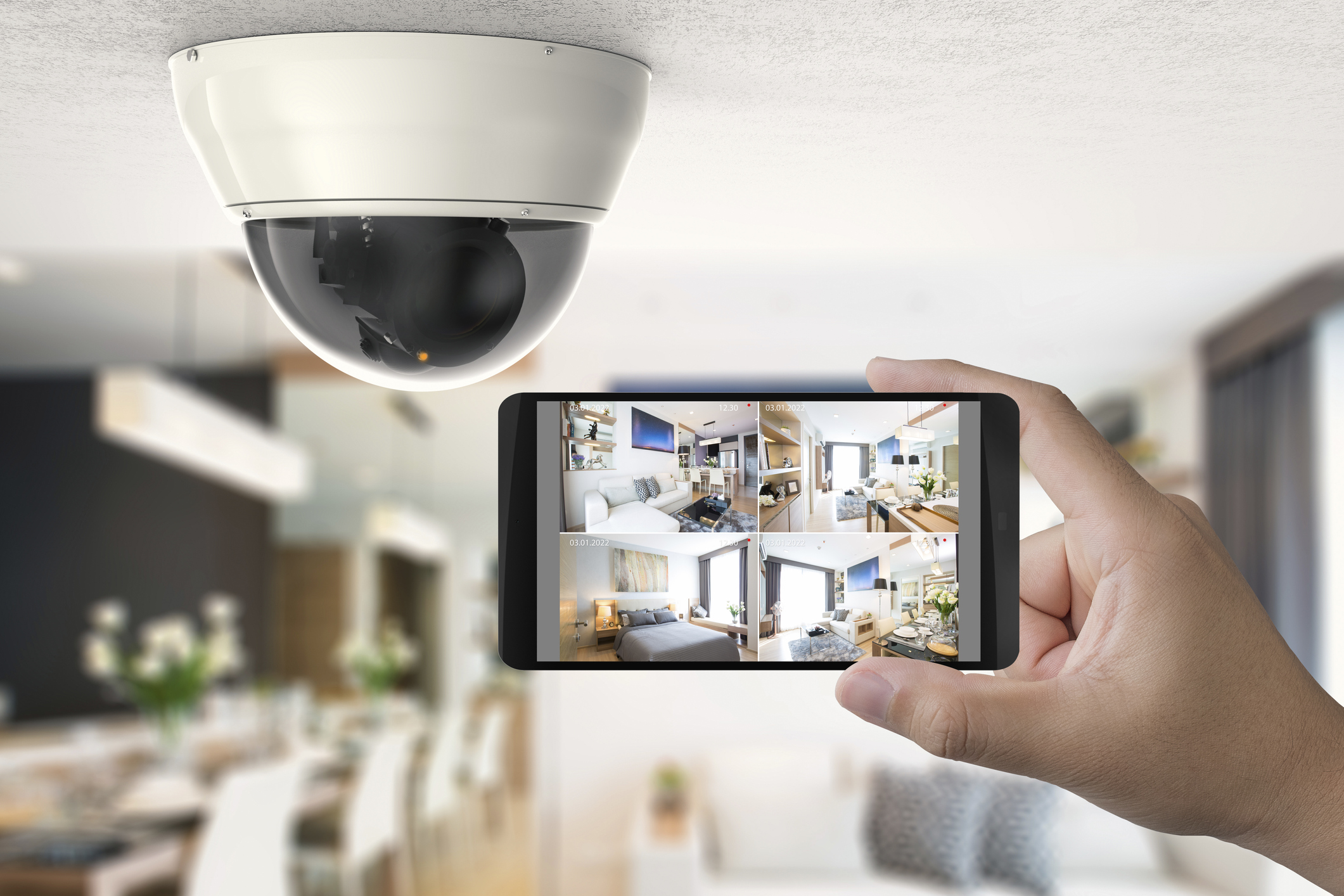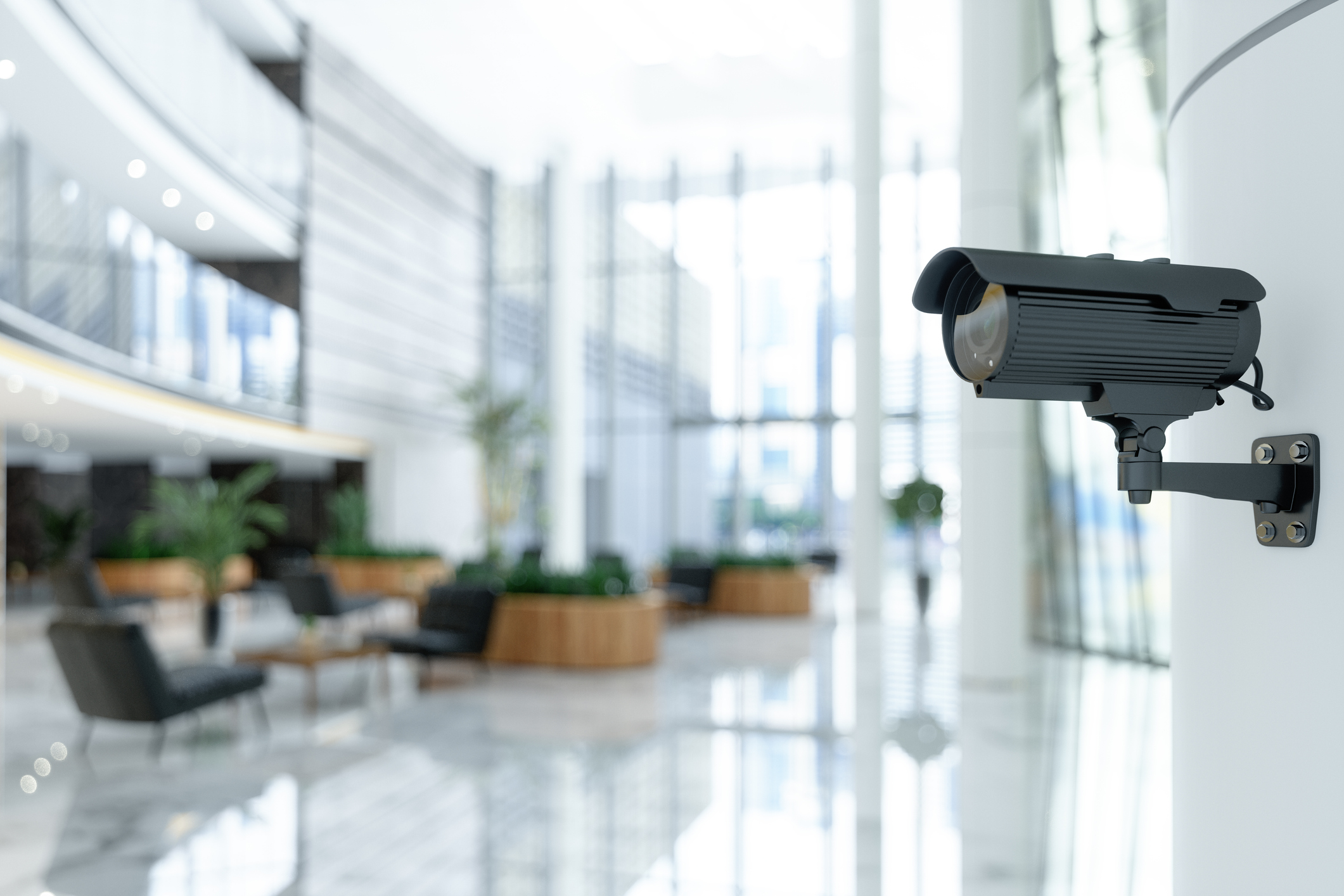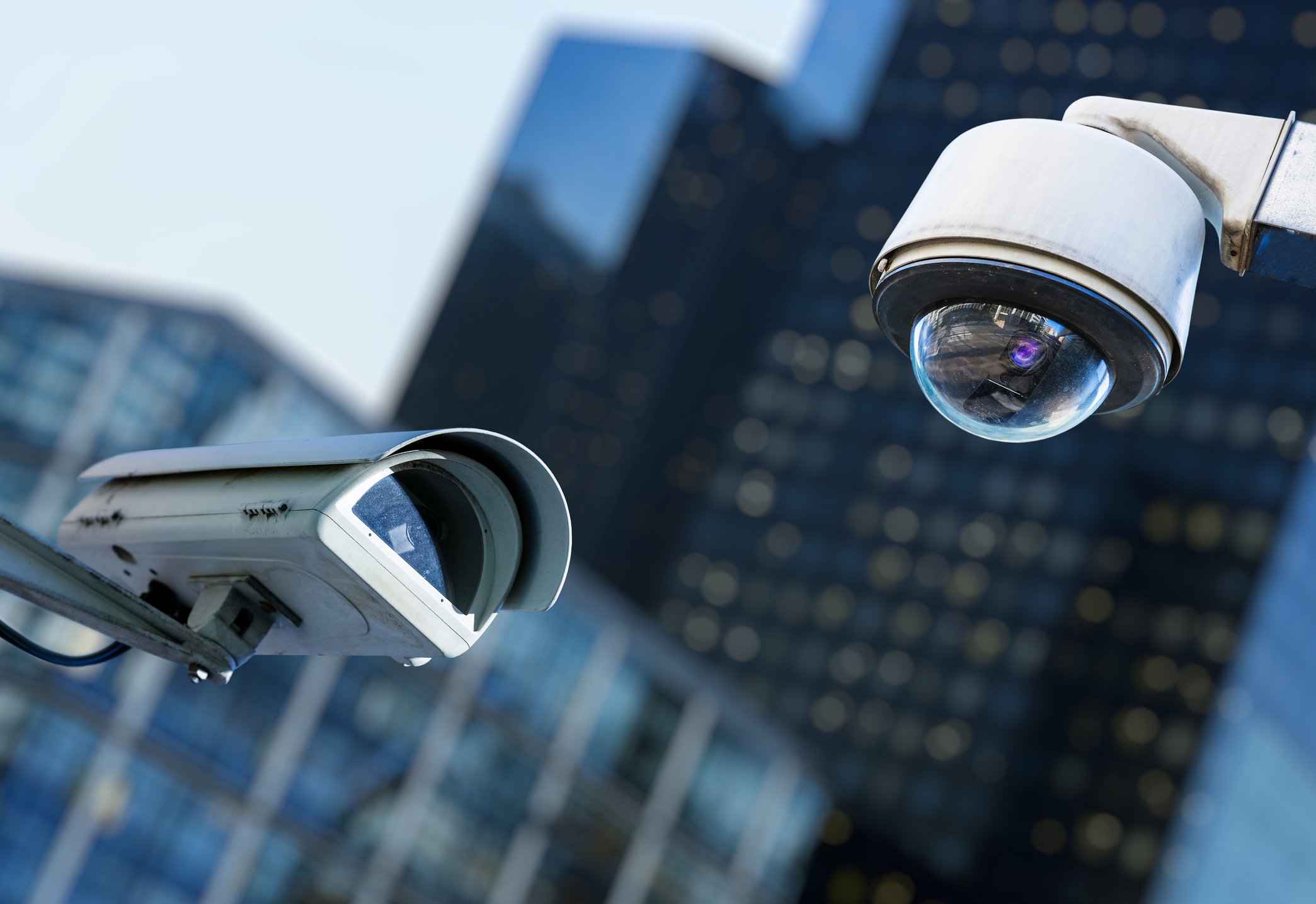
Home CCTV Systems: Everything You Need to Know
Do you need a domestic CCTV camera?
The answer to this question is going to depend on how much of a priority home security is for you. There is a huge range of cameras out there, with some being designed to withstand the British weather for outdoor surveillance and others with the perfect wide angle that allows222 them to discreetly hang in the corner of an internal room. Systems that seem to be particularly on the rise are doorbell camera systems, which allow you to interact with people at your front door even if you are away from your property.
Any camera is going to be able to show you clearly what is going on around your home and can act as vital evidence if you need to report a theft.
How many do you need and where to put them?
If you have decided to commit to installing some extra security for your home, your next question is going to be where to place them. At a minimum, you want to have a camera placed to view the main entrance to your home. Ideally, you would have a system of several cameras which cover each of your ground floor entry points, including windows, the back door, and anywhere that is hidden from view due to fences or outdoor structures. If you have a garage, it is a wise investment to have CCTV that covers this space too, as vehicles will be one of your most valuable assets.
For added peace of mind, you can also use indoor cameras in the hallways of your home or in rooms that you store expensive possessions that thieves would be likely to target.
The total you need to install is also going to depend on the viewing angle of your camera. Dome cameras generally offer a 360-degree view of a room when installed on the ceiling. Bullet cameras or hidden cameras have a restricted viewing angle, so you may need to consider investing in one which can pan, tilt or zoom.
Home CCTV camera installation
When it comes to CCTV installation, it is always best to consult with professionals, like ourselves at Britannia Fire & Security, who can recommend the best places and will have considered a few factors that might not have crossed your mind. For example, it is incredibly important to make sure your cameras cannot be tampered with by any potential home invaders. They need to be high enough that they cannot be accessed or the lens obscured with paint or similar materials.
You also need to bear in mind how the cameras you choose work. Do they need a dedicated power outlet or can they be powered with batteries? If they are being placed outdoors, is their IP rating sufficient enough to withstand temperamental British weather? Do they have night vision so that you have accurate footage at all times of the day?
Home CCTV camera monitoring
For added security, you may want to invest in CCTV monitoring services. This means that your camera feeds are being monitored at all times by a third party. If any suspicious activity or a break in occurs, and you’re not at home – the designated monitorer will be able to see this activity in real time and alert the necessary authorities straight away. This solution is perfect for providing 24/7 peace of mind.
Domestic CCTV legislation
It is important to understand what is the law on home CCTV before you start recording and storing footage from your system. In the UK, the 2018 Data Protection Act and GDPR do not affect cameras that only monitor your own property. However, if your camera also shows your neighbours or a nearby shared space, data protection does apply.
The Information Commissioner’s Office (ICO) recommends notifying your neighbours if the CCTV system captures footage beyond your property’s boundary. Keep in mind that you can use CCTV for security and to protect your property, but not for any other purpose. The law also demands that you warn people with clear signs that indicate that CCTV is in operation.
Any person has the right to access footage in which their image can be clearly identified. You have 40 days to provide the recorded images and can also charge a £10 administration fee should you incur any costs in making this accessible. That person is also entitled to ask you to delete the footage of them.
Hopefully now you have the necessary information to make a decision whether home CCTV is right for you. If you’re interested, get in touch with a member of our friendly team today – we’re always happy to help.




